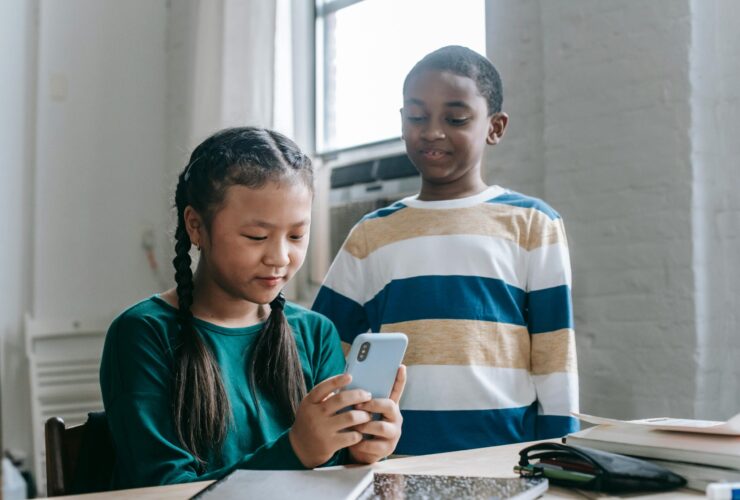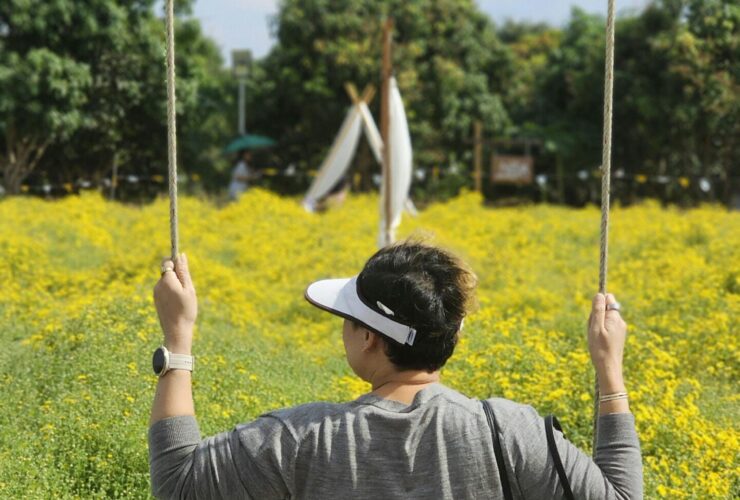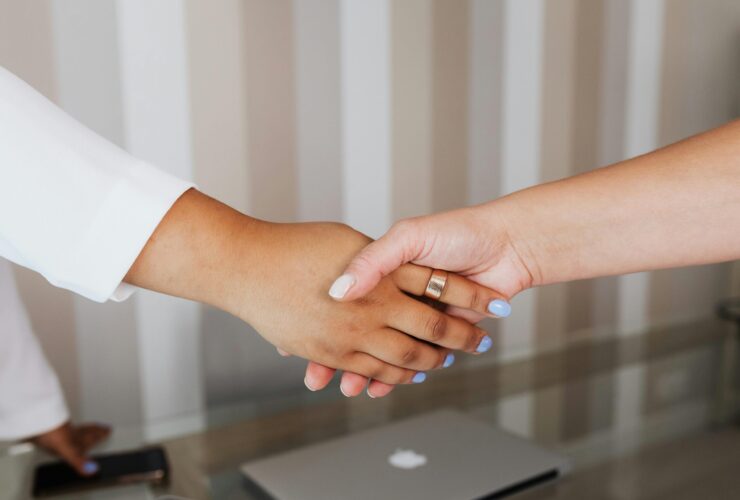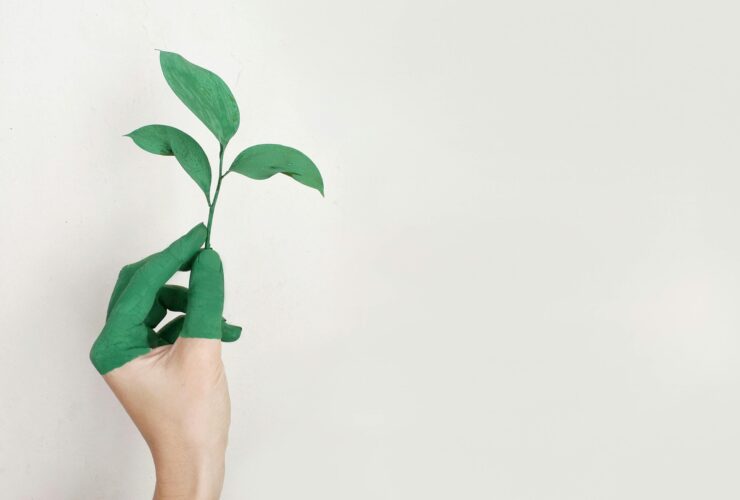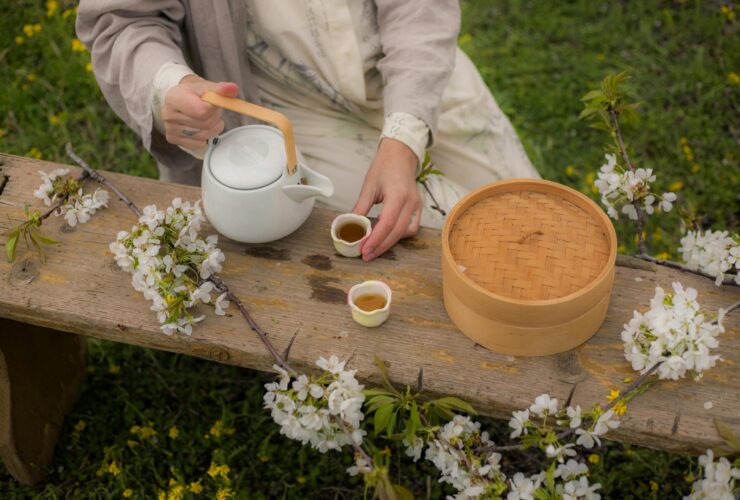Asian American Women and Mental Health: NAPAWF Report Reveals Racism, Harassment, and Trauma

Recent data from the 2022 NAPAWF State of Safety Report shows how deeply AAPI women experience everyday racism, harassment, and violence. Nearly 3 in 4 (74%) reported experiencing racism or discrimination in the past 12 months, with more than half (53%) identifying strangers as the perpetrators. Public spaces are the most common setting, with 47% reporting incidents in places like restaurants, shopping centers, or other communal areas. Nearly 40% faced sexual harassment, including more than 52% of Native Hawaiian and Pacific Islander women, showing the prevalence of both gendered and racial targeting.
These statistics are not just numbers. They reflect common lived experiences. Imagine a woman leaving the grocery store after a long day. A stranger brushes past, mutters a remark about her appearance, and disappears into the crowd. She feels a flicker of fear and frustration. The encounter lasts only seconds, yet the tension follows her home.
What might appear to be an isolated moment is part of a larger pattern where gender, race, and even perceived age combine to create an ongoing reality of danger and dismissal. For many Asian American women, these layers of injustice are not occasional but form a constant presence in daily life.
Dismissed and Invalidated
Navigating a patriarchal, white, cis male-gendered society is difficult for Asian American women, to say the least. Asian Americans have experienced anti-Asian hate crimes for several decades but these hate crimes have rarely been talked about or covered in the media. The 2021 Atlanta spa shootings finally brought attention to anti-Asian hate crimes that have been happening for many years. Six out of eight victims of the Atlanta shootings were Asian women. The intersectional identity of being Asian American and female has several generations of pain, dismissiveness, minimization, invalidation, condescension, abuse, gaslighting, and trauma. This is the burden most Asian American women carry on a day-to-day basis.
Stigma of Mental Health

The question then arises: where can Asian American women feel truly seen and heard? In many Asian American communities, mental health is still stigmatized, leading to a significant gap in care. According to a 2016 article from the Pulitzer Center, Asians and Asian Americans are three times less likely to seek mental health support than their white counterparts. Over the years, mental health stigmas have decreased in the Asian American community, but we’re still far from fully acknowledging not only the benefits, but also the necessity of mental health support.
Even when therapy is accessed, cultural shame and fear of judgment can prevent full openness. In many families, members still turn to loved ones rather than mental health professionals, perpetuating cycles where pain is carried privately and silently.
Asian American Family Dynamic

In many Asian families, especially between mothers and daughters, it is common for mothers rely on their daughters to listen and hold space for their emotions, which often leaves the daughters carrying the emotional weight. This is often not done intentionally, but stems from the belief that family matters should remain private in order to protect the family’s image and “save face.” In collectivistic cultures, each family member is seen as representing the entire family, and any disclosure to outsiders can be viewed as bringing shame.
While this value can strengthen family bonds, it can also harm mental health by reinforcing shame and passing unresolved pain from one generation to the next. Carrying the emotional weight of a parent’s trauma can be heavy, and without mental health support, this burden continues across generations. For many Asian American women who also face racism and sexism in daily life, these unaddressed wounds only deepen cycles of grief, anger, and disempowerment.
“Saving Face” and Model Minority Myth
The idea of “saving face” also perpetuates the model minority myth. The model minority myth has been utilized by white people to separate Asians from other people of color and continue racial systemic oppression. Asian Americans are often seen as hardworking, keeping our heads down, and as overachievers. In order to live up to these stereotypes, it discourages Asian Americans to seek help. Since the model minority myth has painted Asians to be the epitome of what is considered an ideal worker or student, Asian Americans have felt pressure to live up to these expectations in order to “save face.”
Circling back to the intersectional identity piece, Asian American women have had to quietly suffer without most people knowing in order to not inconvenience others with their emotions and traumas; they are taught to put everyone else’s needs first and theirs second, if at all. Asian American women are also stereotyped as docile and quiet, which perpetuates treatments of misogyny and racism against them.
So, What’s the Solution?
The first step is to become aware of the pain and injustices you’ve faced as an Asian American woman. We must muster up the courage to be open with ourselves about the painful feelings lying inside us. This itself is not easy.
Having gone through chronic trauma can keep us from feeling our feelings. We develop coping mechanisms in order to survive a continuous threat. Sometimes, this looks like running away from the problem, placating our perpetrators, or numbing ourselves. The pain can feel too much to feel all at once. Fortunately, therapists are trained to help our clients explore scary, new territories while making sure that our clients feel safe enough to do so.
Becoming aware of the injustices also means acknowledging how our cultural upbringings and the oppressive systems that Asian American women have negatively affected our mental health. Our collective traumas as Asian American women are multilayered, complex, and nuanced. It would be difficult to understand the deep injustices that have been perpetuated on one’s own.

The second step is to openly talk about mental health and challenge the status quo. Therapy helps us navigate the cultural upbringings that have potentially harmed our mental health. We must prioritize therapy as part of our lives, rather than something that “only crazy people” seek. This is one important way for Asian American women to advocate for themselves. Therapy helps Asian American women process their grief, sadness, and anger, and empowers them to advocate for themselves.
Especially if you decide to see an Asian or Asian American female-identifying therapist, you’ll not only feel seen and heard, but there will also be a sense of solidarity and healing. In therapy, you will learn tools to help you awaken your courage, stay firm in your values, and commit to behaviors that align with your values. This can look like setting boundaries with your family members, coworkers, or friends that perpetuate sexist or racist values. Furthermore, having a support group for Asian American women can be a meaningful part of your healing process.
This brings us to the third step, which is to have Asian American women support one another. Community healing has been shown to be more effective especially when it comes to collective traumas. We heal together in order to validate each other and lift each other up. The world has been so hard on us, so why not create a supportive space for Asian American women to empower one another?
Being seen, heard, and validated are vital to living a life worth living. Without it, we suffer from depression, anxiety, and other symptoms due to unprocessed and unhealed traumas. Navigating the world as an Asian American woman has unique challenges that others may not fully understand. With misogyny/sexism and racism against women, the journey towards healing can feel lonesome and an upward battle.
We all make choices whether we are conscious of it or not–and that we can make choices that support our mental and emotional well-being. Going to therapy is a necessary choice for Asian American women to process and heal from their traumas. Therapy often provide a safe space to build self-awareness towards systems that affect me, and empowered me to show up for other Asian American women.
The problems of sexism and racism will not go away, but we can at least work towards healing ourselves and using our stories to change these oppressive systems together.
Begin Therapy for Asian Women in Los Angeles, CA and New York City, NY
Finding a therapist who understands the particular struggles of the Asian American experience can feel difficult. But, you can get help from an Asian Therapist, here. You can also ask how to join our Asian Female and Femme Body Image Support Group to explore in-depth tools of reconnecting with your body in a way that feels right for you! To get started with our Los Angeles and New York City-based therapy practice, follow the steps below:
- Request an appointment using the prompt below or our contact form.
- Begin meeting with a trained Asian American therapist.
- Begin your journey to becoming the best version of yourself.
Other Services at Yellow Chair Collective
The skilled therapists at our Los Angeles and New York City-based counseling center are ready to meet you. We specialize in therapy for Asian women, and also in Adult ADHD therapy. We provide expert EMDR for trauma therapy and PTSD treatment. If you are looking to improve your romantic relationship, we offer couples therapy. If you are working on yourself, we offer individual therapy, burnout treatment and work stress management, and HSP treatment and therapy for empaths. We also have experience working with teens as well as mothers for postpartum therapy. Please reach out to us at Yellow Chair Collective for any questions you may have about our in-person or online therapy services.
Relevant Resources
Yellow Chair Collective: Blog | Nurturing Self-Compassion: Coping When Sexual Assault News Triggers You as an Asian American Woman
Yellow Chair Collective: Blog | The Complications of an Asian Mother-Daughter Relationship: Shared by an Asian Therapist in CA
Yellow Chair Collective: The Podcast | Asian Women & Intersectional Body Acceptance (with Angela & Catherine)
https://open.spotify.com/episode/0IiqgwuNZpGY781u3GQSc0?si=BPvMjpN-TMa1vrlDyCc94g
Yellow Chair Collective: The Podcast | Connecting Through Dating Apps for Asian Women (with Angelica & Angela )
https://open.spotify.com/episode/3rL0IcjdHHlE84BpcfPZ59?si=_gAqNNV1Ri26Qy-qNy_GwQ

